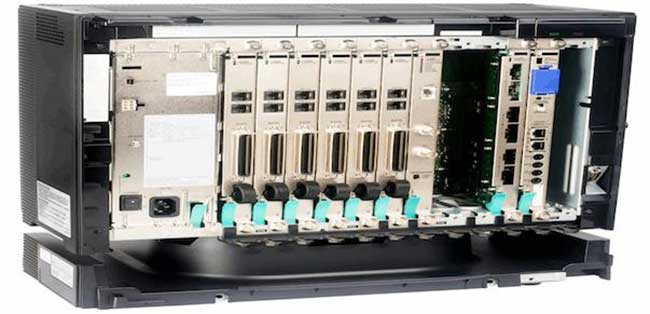Every PBX (Private Branch Exchange) service provides its customers with four basic call processing functions: establishing, maintaining, and disconnecting the connections between users, and providing call information for the purposes of accounting. However, there is a whole menu of functions, extra features and capabilities, offered by different providers. Here is a list of seven of the most important ones for every small business.
Make sure your PBX service has the essential tools to efficiently run your small business
Call Waiting
If your business doesn’t have an overly large number of lines, call waiting is essential. You need the flexibility of putting a current caller on hold and checking into the new incoming call. Considering how annoying a busy signal can be to a caller, this is a useful function to have in order to prevent customer loss.
Conference Call
A small business, particularly one just starting up, has a high likelihood of employing contractors, freelancers, and telecommuters, and there’s no guarantee of having them all under the same roof at the same time for an important meeting. In many instances, they are scattered all over the country! That’s why having the conference call function is key; you need a way to get everyone into the same call, no matter where they are.
Follow Me
In keeping with the idea that not all of your employees stay put in one spot for very long, Follow Me is a valuable, convenient resource. The user provides a list of phone numbers where they can be reached, and when Follow Me is engaged, an incoming call rings on the first phone and, if no one answers, tries the second number, and so on, until either the user answers or the message goes to voice mail. And speaking of which …
Voice Mail
Come on, even your average consumer’s cell phone subscription offers voice mail; would you really consider not having it for your business? Sometimes, when all other attempts at communication fail, the best alternative is leaving a voice mail message. This one’s a very essential no-brainer.
Interactive Voice Response
Here’s a favorite; well, maybe not for the customer, but it’s a necessary evil. How many times have you called a bank, credit card, or other business and be told to press 1 to check your balance, press 2 to make a payment, press 3 for a customer service rep, and press 4 to hear a duck quack? Well, let’s face it; that system is useful, as it directs the caller to the right department, and prevents time wasting at both ends. If your small business is big enough that it has separate and distinct departments, then you need this.
Night Service
If your business doesn’t have 24 hour a day coverage, then night service helps fill that block of time when no one’s around. When everyone leaves for the night, the service redirects incoming calls to whatever destination handles out of office communication, such as a voice mail system, answering machine, voice mail, or other backup. No sense losing a call simply because everyone had gone home for the day.
There are other services offered out there, but the above seven are most important. The key is that you want to make sure that your PBX service can cover ever communication eventuality. Check with your specific hosted PBX service to see if the functions are available. Otherwise, you may have a good reason to shop around.
